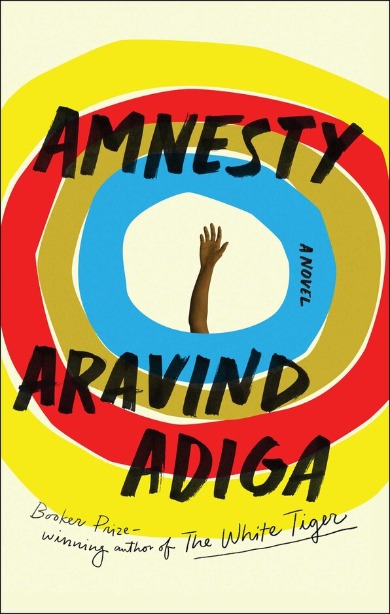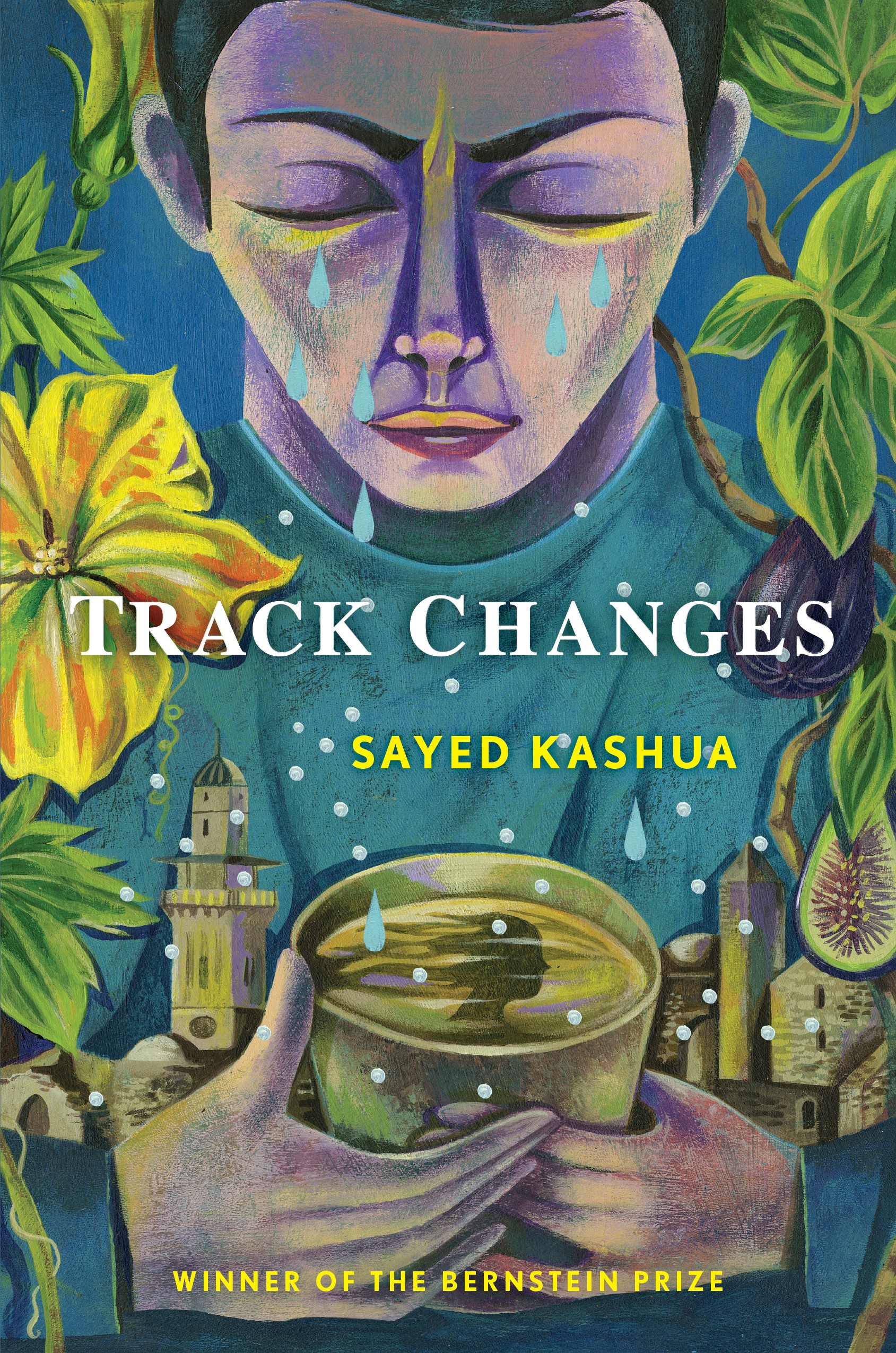Ghachar Ghochar, Vivek Shanbhag, Penguin, 2017, p. 119, ISBN: 978-0-14-311168-9
Indian literature tends to be represented globally by authors from the sub-continent who adopt English as their medium. It is not only the language of colonialism but also of the elite. By deploying it, they marshall their epistemic privileges to rub shoulders with Western authors and root themselves in the canon of world literature. However, in an era of cultural commodification, even writers producing works in any of the 22 languages or 720 dialects cannot escape the lure of the global market. Often urged by entrepreneurial translators and publishers, they erase the linguistic and cultural particularity of their oeuvres. Assuming direct transferability between languages and ignoring the untranslatable, they smooth over linguistic intransigence and potentially blunt the critical impact of the work. A novel manifests differently abroad than at home, especially when written in different languages for different audiences. Alas, Western reader cherishes those works nevertheless.
The latest work to join the world literature canon is the novella Ghachar Ghochar by the renowned Kannada author Vivek Shanbagh. The novel traces the changing fortunes of a family whose social status changes when they suddenly become wealthy. Shanbagh presents a psychological portrait of a family as a parable for the impact newly globalized India had on Indian society, further entrenching inequality and instilling a siege mentality into the population. Bangalore, the site of the novel, is the perfect representative of this transformation. Undergoing rapid spatial and demographic transformation over the past two decades as a consequence of the development of the IT industry, Bangalore went from being “The Garden City” to “The Silicon Valley” of India. Now, Bangalore is the third wealthiest city in India, contributing a full 10% to her GDP. However, unbridled urban development has altered drainage patterns, and the city often experiences flooding when it rains. Its edges are dotted with over 2000 slums, which house about a third of its residents.
Ghachar Ghochar develops the story by way of mounting tension and anxiety. It begins with the narrator painting a portrait of an unimposing family living together in an austere house. The narrator’s father, Appa, works as a sales agent in the city, selling tea leaves and coffee, and supports his two children and his wife. His younger brother, Chikkappa, also lives with them. Their poverty determines intra-family relationships. They are required to think of others when they think of their individual needs and ensure that they benefit the collective. This closeness is reflected in their tenderness, which allows them to overcome immediate inconveniences. It was a time “when the whole family stuck together, walking like a single body across the tightrope of our circumstances.”
However, when Appa’s job is outsourced, and he is forced to retire early at a mature age, the omnipresent, but until then subdued, social insecurities rise to the fore. In powerful and emotionally laden language, Shanbhag conjures up the consequences of post-liberalized India. Much of the social commentary of the novel is couched behind ostensibly everyday occurrences. When Appa loses his job, Amma, his wife, immediately switches to lower-cost kerosene fuel to cook tea; she is crestfallen and painfully aware of the danger her family faces once the sole breadwinner stops being able to provide at a time of shrinking safety net and cut-throat competition. Appa knows that his union is unable to protect his job and is forced to reconcile with his impending dismissal. In a few scenes, Shanbhag masterfully invokes an entire world in the process of change.
While for some, like Appa’s colleagues, the dismissal was a death blow, for others, it represented potential. After Appa’s forced early retirement, he allows Chikkappa to invest all of his savings to start a new spice trading company, Sona Masala, which becomes the source of the family’s sudden riches. The family moves to a spacious house, with each family member enjoying the comfort of their own room. A confusing expanse of prosperity replaces the stifling claustrophobia of their previous dwelling, and individualized comfort comes at the expense of collective cohesiveness. With the move, the family relationships change, and their outlook becomes more self-serving. Since Chikkappa is the source of wealth, the family structures their behaviour around his needs and comfort. They stop thinking of the collective and are focused on satisfying their immediate needs through Chikkappa, which they can do even if they do not work. Perhaps unwillingly, Shanbhag exposes the capitalist class for what it is, a parasitic element that appropriates other people’s labour.
Their new middle-class routine is upended with the arrival of a mysterious woman at their doorstep who seeks to speak to Chikkappa, who refuses to acknowledge her presence. The woman is seen as an intruder, and Amma chastises her for trying to wreck their family. She is a “beggar,” a “whore,” even though Amma does not know the reason for her visit. Class anxieties come to the fore through their interaction. Amma’s painfully aware of their newly acquired status and its fragility and seeks to protect it at the expense of civility. Having tasted poverty, she fights to preserve the current wealth and privileges. She is supported by Malati, who likewise hurls abuses and the narrator’s silence. Together they show that class solidarity is often at odds with morality. However, it is precisely this solidarity that has kept peace at the house and the money flowing.
The family solidarity and balance are disturbed by Anita, the narrator’s wife, who refuses to compromise her beliefs and is the only one to voice her displeasure at injustice. As such, she is a potential threat, not different from the woman at the door or the ants that disturbed the family at their previous house. Through her, the siege mentality of the family is confirmed when her obstinacy is transformed into a potential threat even though she is now a part of the family. Would others be similarly discarded if they somehow disturbed the delicate balance? Are the bonds holding the family together not those of solidarity but fear instead? Anita’s character exposes the ghachar ghochar, entanglement, of the family. The disruption of the family dynamic she introduces leads to the novel’s climax, where Shanbhag leaves the reader to fearfully ponder how it will be untangled.
Shanbhag weaves a masterful narrative that says much more than its relatively short length might at first indicate. The author builds up tension and mounting unease through precise words and vivid descriptions while offering a potent social commentary on a country transitioning into capitalism, making ghachar ghochar the perfect title for the book.




